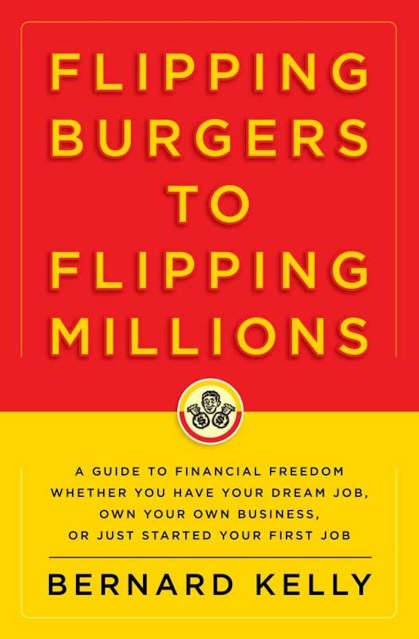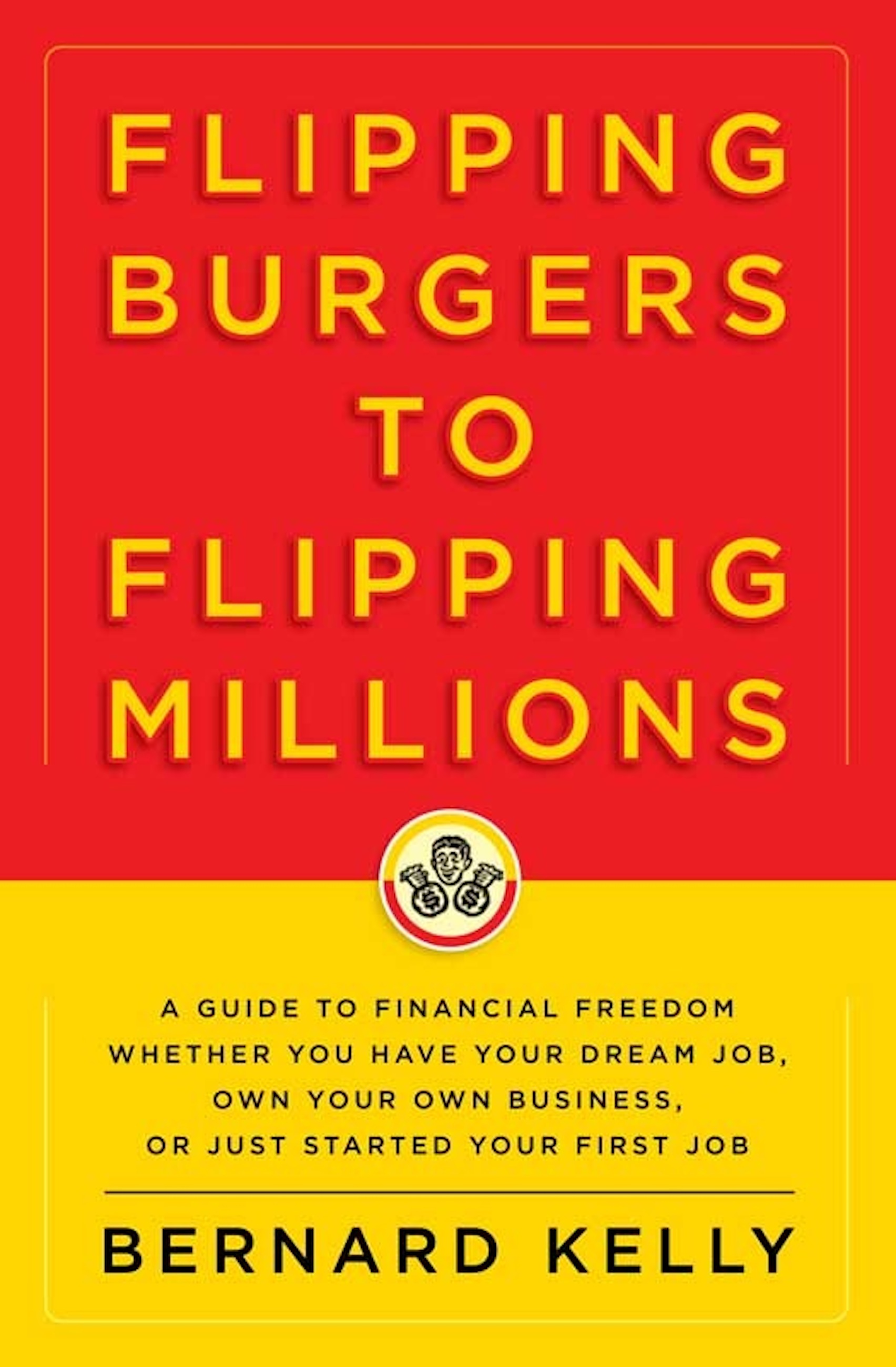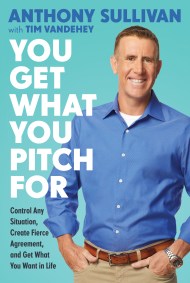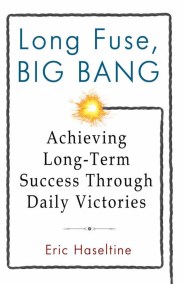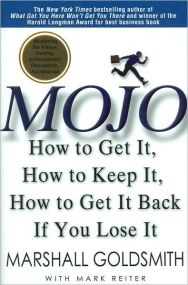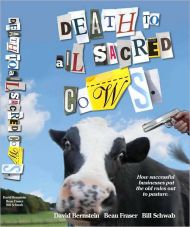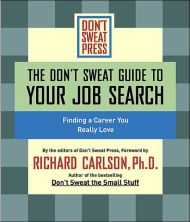Promotion
Use code MOM24 for 20% off site wide + free shipping over $45
Flipping Burgers to Flipping Millions
A Guide to Financial Freedom Whether You Have Your Dream Job, Own Your Own Business, or Just Started Your First Job
Contributors
Formats and Prices
Price
$9.99Price
$12.99 CADFormat
Format:
ebook $9.99 $12.99 CADThis item is a preorder. Your payment method will be charged immediately, and the product is expected to ship on or around May 10, 2011. This date is subject to change due to shipping delays beyond our control.
Also available from:
Genre:
- On Sale
- May 10, 2011
- Page Count
- 208 pages
- Publisher
- Hachette Books
- ISBN-13
- 9781401303730
Newsletter Signup
By clicking ‘Sign Up,’ I acknowledge that I have read and agree to Hachette Book Group’s Privacy Policy and Terms of Use
